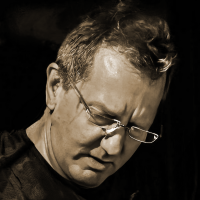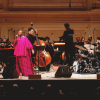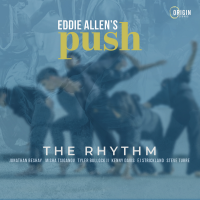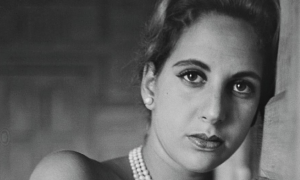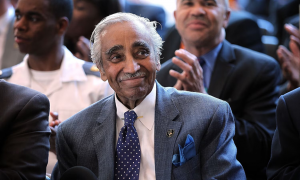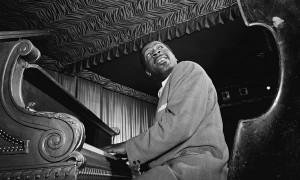Home » Jazz Articles » The Jazz Files » The History of Jazz Drums: An Archival Treasure Rediscovered
The History of Jazz Drums: An Archival Treasure Rediscovered
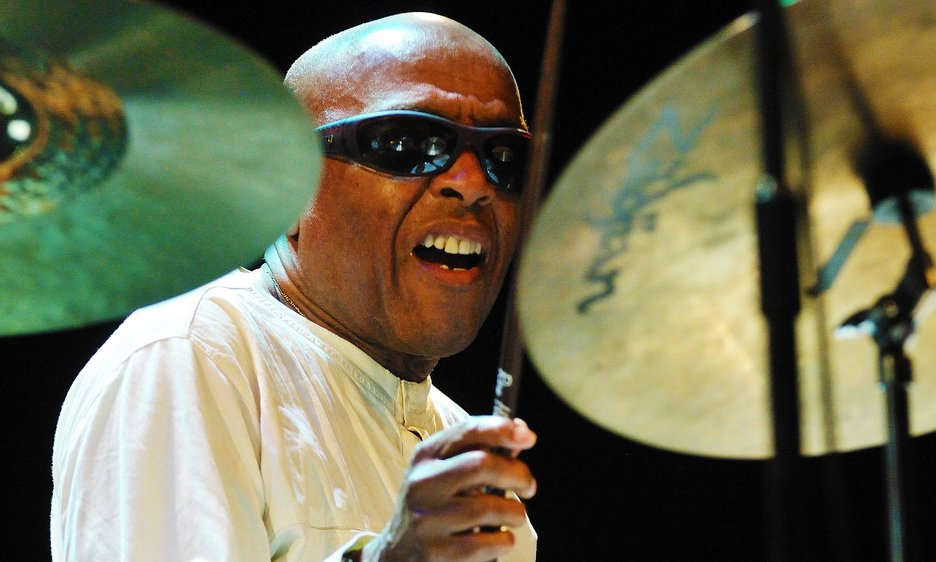
Courtesy Getty Images
The History of jazz drums is more than a series—it’s a timeless archive that bridges the gap between jazz’s past and future.
Although initially broadcast as an 8-part series, the content has since been meticulously divided into 32 individual excerpts, each highlighting a specific drummer or theme from jazz history. This breakdown has not only made the series more accessible to modern listeners but has also attracted international attention—with over 16,000 views and counting on YouTube.
As its reach continues to expand, The History of Jazz Drums is emerging as an invaluable reference tool for jazz scholars, a teaching resource for university music programs, and a hidden gem for jazz enthusiasts eager to explore the legacy of jazz percussion.
Capturing the Pulse of Jazz: A Deep Dive with Mel Lewis and Loren Schoenberg
At the heart of this series is a captivating dialogue between Mel Lewis and Loren Schoenberg, exploring the intricate web of techniques, equipment, and ensemble work that shaped the language of jazz drumming.Mel Lewis's Perspective
Mel Lewis's reflections are personal, insightful, and deeply rooted in the traditions of jazz. His analysis covers the work of legendary drummers such as Jo Jones, Gene Krupa, and Max Roach while offering intimate details about gear, tuning, cymbal selection, and stick techniques. These reflections provide listeners with a behind-the-scenes look at how drummers across generations crafted their distinctive sounds.Loren Schoenberg's Expertise
Complementing Lewis's personal reflections, Schoenberg offers scholarly analysis, placing these insights within the broader historical context of jazz. His commentary enhances the educational value of the series, transforming it into a learning journey through the evolution of jazz drums.An In-Depth Exploration: 23 Legendary Drummers
As the series unfolds, Mel Lewis and Loren Schoenberg delve into the contributions of 23 iconic drummers, each of whom left an indelible mark on jazz history. The 32 excerpts allow listeners to explore these drummers and their contributions in detail, offering a comprehensive examination of jazz drumming's evolution.Early Innovators
- Baby Dodds—The pioneering New Orleans drummer whose innovations laid the foundation for jazz drumming.
- Zutty Singleton—Known for his creativity in early swing and improvisational mastery.
- Ben Pollack—A key figure who bridged early jazz styles to swing.
- Eddie Marshall—A versatile drummer whose work spanned fusion and modern jazz.
- Paul Barbarin—Celebrated for his distinctive New Orleans style.
- Stan King—His work showcased early drum set techniques and swing feel.
Swing Era Giants
- Chick Webb—Whose powerful drumming at the Savoy Ballroom defined the swing era.
- Gene Krupa—A showman who brought drumming to the spotlight in big bands.
- Sonny Greer—Duke Ellington's original drummer, blending swing and elegance.
- Jo Jones—Credited with advancing cymbal techniques and altering time-keeping patterns.
- Dave Tough—Known for his subtlety and swing during the big band era.
- Big Sid Catlett—His adaptability made him a favorite among swing and bebop musicians.
- Shadow Wilson—Defined smooth swing with Count Basie and other bandleaders.
- Buddy Rich—A drumming virtuoso with unmatched speed and precision.
Bebop and Beyond
- Kenny Clarke—The father of modern bebop drumming and ride cymbal innovation.
- Max Roach—His technical brilliance and rhythmic creativity expanded the role of drums in small group jazz.
- Shelly Manne—Blended West Coast cool with intricate drumwork.
- Art Blakey—A dynamic force behind The Jazz Messengers, driving hard bop with explosive power.
- Tiny Kahn—Left a lasting impression with his bebop phrasing and swing.
- Roy Haynes—His crisp, angular approach influenced generations of drummers.
- Philly Joe Jones—Known for his work with Miles Davis and his bebop mastery.
- Louie Bellson—A double bass drum innovator who brought power and finesse to big bands.
- Elvin Jones—Redefined jazz drumming with polyrhythmic complexity and innovation.
A Treasure for Musicologists and Educators
Beyond its value as an audio series, The History of Jazz Drums is an essential resource for musicologists and educators alike. Its archival depth provides:- A research tool for jazz scholars exploring the technical and cultural evolution of jazz percussion.
- A teaching aid for university programs in jazz history, music theory, and ensemble performance.
- Supplemental material for drummers and musicians eager to refine their understanding of jazz traditions.
Global Recognition and Growing Impact
Since its reintroduction on YouTube, The History of Jazz Drums has garnered international recognition, with listeners from around the world discovering this hidden gem. With over 16,000 views and counting, the series continues to attract a diverse audience—from jazz enthusiasts and drummers to academics and students eager to explore the intricacies of jazz percussion. As its global reach expands, this project serves as a testament to the enduring power of jazz education and archival preservation.A Hidden Gem for Jazz Enthusiasts
For jazz lovers, The History of Jazz Drums offers more than historical analysis—it's a journey through time, where the voices of jazz legends echo across decades. Whether exploring the swinging pulse of Jo Jones or the polyrhythmic innovations of Elvin Jones, listeners are invited to discover the subtle nuances that make jazz drumming an art form unto itself.Experience the Series: YouTube Playlist
To explore the full series, check out this curated YouTube playlist featuring all 32 excerpts.Pro Tip for Navigating the Playlist
At the top right corner of the video, you'll notice a small selector that says "1/32." Click on this to choose any of the 32 videos in the playlist and explore specific drummers or segments from the series.Preserving Jazz Legacy: An Invitation to Explore
As The History of Jazz Drums continues to gain traction, its potential as a resource for education, research, and cultural enrichment becomes even more apparent. Whether you're a seasoned jazz scholar, an aspiring musician, or simply a lover of great music, this series offers a gateway into the heart of jazz's rhythmic evolution.Tags
History of Jazz
Roy Haynes
Hank Hehmsoth
Mel Lewis
The Thad Jones-Mel Lewis Orchestra
Loren Schoenberg
Jo Jones
Gene Krupa
Max Roach
Baby Dodds
Zutty Singleton
Ben Pollack
Eddie Marshall
Paul Barbarin
Stan King
Chick Webb
Sonny Greer
Dave Tough
Big Sid Catlett
Shadow Wilson
Buddy Rich
Kenny Clarke
Shelly Manne
Art Blakey
Tiny Kahn
Philly Joe Jones
Louie Bellson
Elvin Jones
PREVIOUS / NEXT
Support All About Jazz
 All About Jazz has been a pillar of jazz since 1995, championing it as an art form and, more importantly, supporting the musicians who make it. Our enduring commitment has made "AAJ" one of the most culturally important websites of its kind, read by hundreds of thousands of fans, musicians and industry figures every month.
All About Jazz has been a pillar of jazz since 1995, championing it as an art form and, more importantly, supporting the musicians who make it. Our enduring commitment has made "AAJ" one of the most culturally important websites of its kind, read by hundreds of thousands of fans, musicians and industry figures every month.

